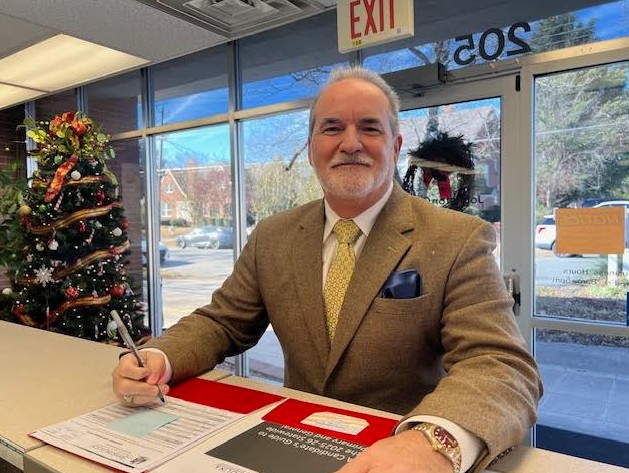$6 Million Federal Grant Awarded For Clayton Flood Control Improvements
Improvements Needed to Protect Businesses from Flooding in Clayton
WASHINGTON – Today, U.S. Secretary of Commerce Wilbur Ross announced that the Department’s Economic Development Administration (EDA) is awarding a $6 million grant to the Town of Clayton, North Carolina, to make flood control infrastructure improvements needed to protect manufacturing and other businesses from flooding. The EDA grant, to be located in a Tax Cuts and Jobs Act Opportunity Zone, will be matched with $4.7 million in local funds and is expected to retain 1,650 jobs and generate $210 million in private investment.
 “President Trump is committed to helping communities that have been impacted by natural disasters improve their infrastructure to ensure that businesses can keep operating in the event of future severe storms,” said Secretary of Commerce Wilbur Ross. “This critical sewer infrastructure improvement project will provide businesses located in the East Clayton Industrial Area, including two major pharmaceutical manufactures, with the modern infrastructure they need to maintain operations, and the project’s location in an Opportunity Zone will help drive additional private investment to Clayton.”
“President Trump is committed to helping communities that have been impacted by natural disasters improve their infrastructure to ensure that businesses can keep operating in the event of future severe storms,” said Secretary of Commerce Wilbur Ross. “This critical sewer infrastructure improvement project will provide businesses located in the East Clayton Industrial Area, including two major pharmaceutical manufactures, with the modern infrastructure they need to maintain operations, and the project’s location in an Opportunity Zone will help drive additional private investment to Clayton.”
“The Town of Clayton and Johnston County were severely impacted by Hurricanes Florence and Michael in 2018,” said Dana Gartzke, Performing the Delegated Duties of the Assistant Secretary of Commerce for Economic Development. “Providing businesses located in the East Clayton Industrial Area with the sewer capacity they need to remain operational will retain local jobs and the project’s location in an Opportunity Zone will further spur growth and diversification in the regional economy.”
“North Carolina’s communities need strong, resilient water infrastructure to support economic development,” said Governor Roy Cooper. “This funding provides water and wastewater improvements essential for clean water, public health, and a brighter economic future.”
This project was made possible by the regional planning efforts led by the Triangle J Council of Governments, which EDA funds to bring together the public and private sectors to create an economic development roadmap to strengthen the regional economy, support private capital investment and create jobs.
The funding announced today goes to one of North Carolina’s 252 Opportunity Zones. Created by President Donald J. Trump’s Tax Cuts and Jobs Act of 2017, Opportunity Zones are spurring economic development in economically-distressed communities nationwide. In June 2019, EDA added Opportunity Zones as an Investment Priority, which increases the number of catalytic Opportunity Zone-related projects that EDA can fund to fuel greater public investment in these areas. To learn more about the Commerce Department’s work in Opportunity Zones, please visit EDA’s Opportunity Zones webpage. To learn more about the Opportunity Zone program, see the Opportunity Now resources webpage. To learn more about Opportunity Zone best practices, see the recently released White House Opportunity and Revitalization Council Report to President Trump.
This project is funded by the Additional Supplemental Appropriations for Disaster Relief Act of 2019 (Pub. L. 116-20), which provided EDA with $600 million in additional Economic Adjustment Assistance (EAA) Program funds for disaster relief and recovery for areas affected by Hurricanes Florence, Michael, and Lane, Typhoons Yutu and Mangkhut, wildfires, volcanic eruptions, and other major natural disasters occurring in calendar year 2018, and tornadoes and floods occurring in calendar year 2019, under the Robert T. Stafford Act. Visit EDA’s Disaster Supplemental webpage for more information.
About the U.S. Economic Development Administration
The mission of the U.S. Economic Development Administration (EDA) is to lead the federal economic development agenda by promoting competitiveness and preparing the nation’s regions for growth and success in the worldwide economy. An agency within the U.S. Department of Commerce, EDA makes investments in economically distressed communities in order to create jobs for U.S. workers, promote American innovation, and accelerate long-term sustainable economic growth.
Discover more from JoCo Report
Subscribe to get the latest posts sent to your email.














